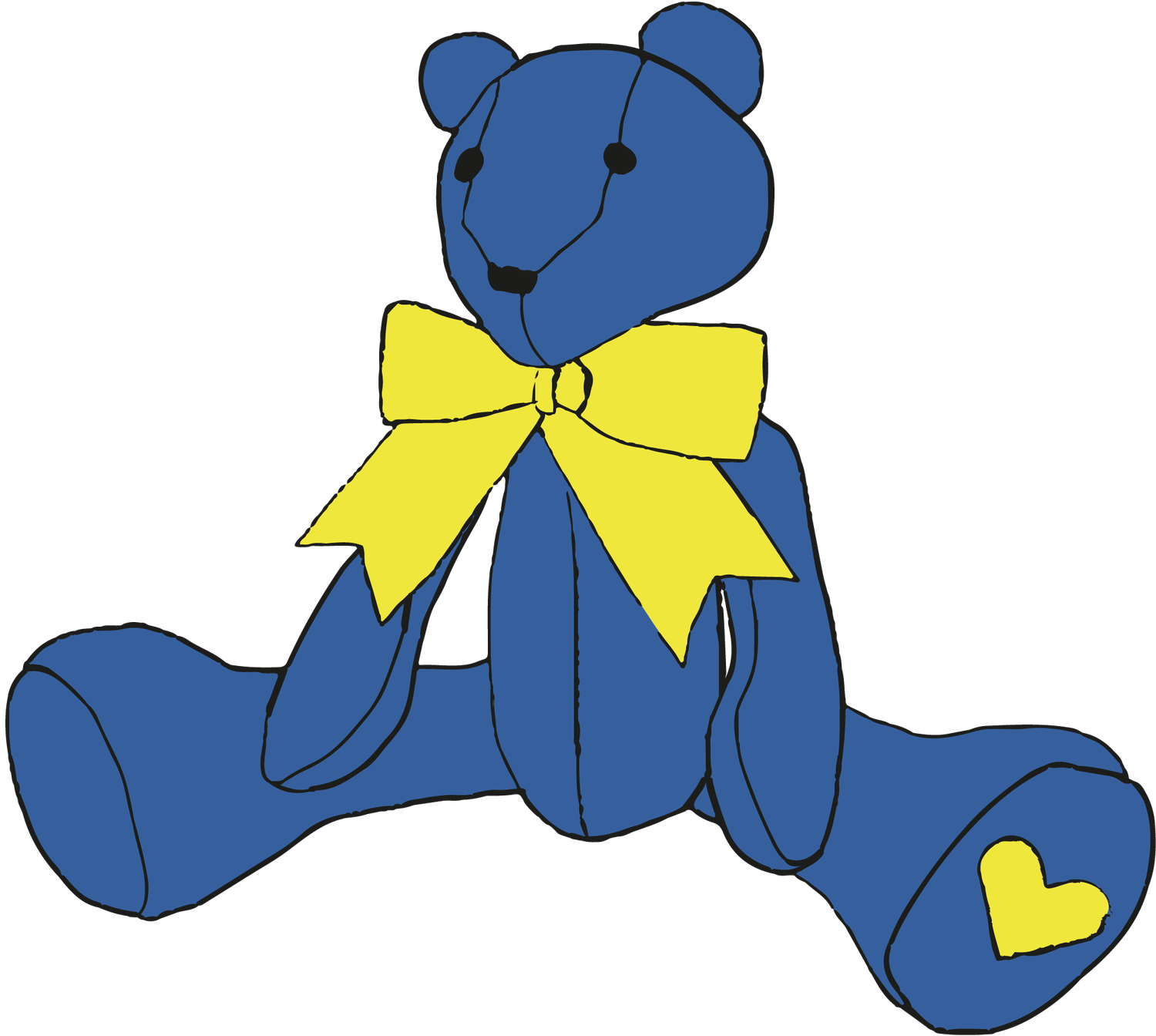FAQs
We have answered some frequent questions below. However, if you can’t find the answer to your question, then please get in touch, so that we can help.
The Bear Us In Mind toolkit
-
You can no longer obtain a physical toolkit. Bear Us In Mind only had funding to produce 500 physical toolkits, which have been allocated to families around the globe and a number of specialist charity organisations and county councils doing fantastic work with displaced children.
You can, however, make your own! The beauty of Bear Us In Mind is that most items can be found in the home and all accompanying resources (worksheets and videos) to help you turn these items into tools, are freely available on our website.
-
A child’s attention can vary according to their age and other factors. We suggest that you read the guidelines about how to make a child feel comfortable but ultimately be guided by the child.
However, we would also suggest that 6 x 1 hour sessions will usually establish a trusted and reliable thinking partnership with a child.
-
Although Bear Us In Mind was conceived out of the crisis in Ukraine, the tools have been created and expanded to support any child experiencing loss, separation and bereavement.
The materials are available in English and have also been translated into Arabic, Dari, Pashto, Russian and Ukrainian to enable adults to support children from a wider range of countries.
The tools may also be helpful for children in the UK who are experiencing different types of loss, separation or bereavement.
Grief and psychological support
-
In the UK, the Childhood Bereavement Network collects peer-researched articles which clearly demonstrate the importance of early intervention.
Early intervention can be a key factor in preventing the entrenchment of mental health problems. Some children will need specialist therapeutic input. However most will benefit hugely from peer support: the opportunity to meeting others in a safe, facilitated setting. Working closely with parent(s) in hlping them to support children, where this is possible, can also be a key aspect to avoid the entrenchment of mental health problems in later life.
-
Not at all. You do not need to have completed a grief counselling course to use the Bear Us In Mind tools. However, you do need to follow our guidelines and be fully committed to accompanying and supporting a child as they do this work alongside you. There are many helpful organisations and helplines you can call upon if you would value guidance on a particular topic that has arisen in your work together.
-
The first place to start is on our ‘Build your toolkit’ area, where you can read all our materials and watch our training films. The best way to learn is to try the tools on yourself or with a child who has not experienced any losses (they are still often fun to do and children love the attention and creative nature of these tools).
Remember - each child comes with very different experiences and expectations. Therefore it is important to ask your child for feedback. For example: What did you enjoy? What could I have made clearer?
